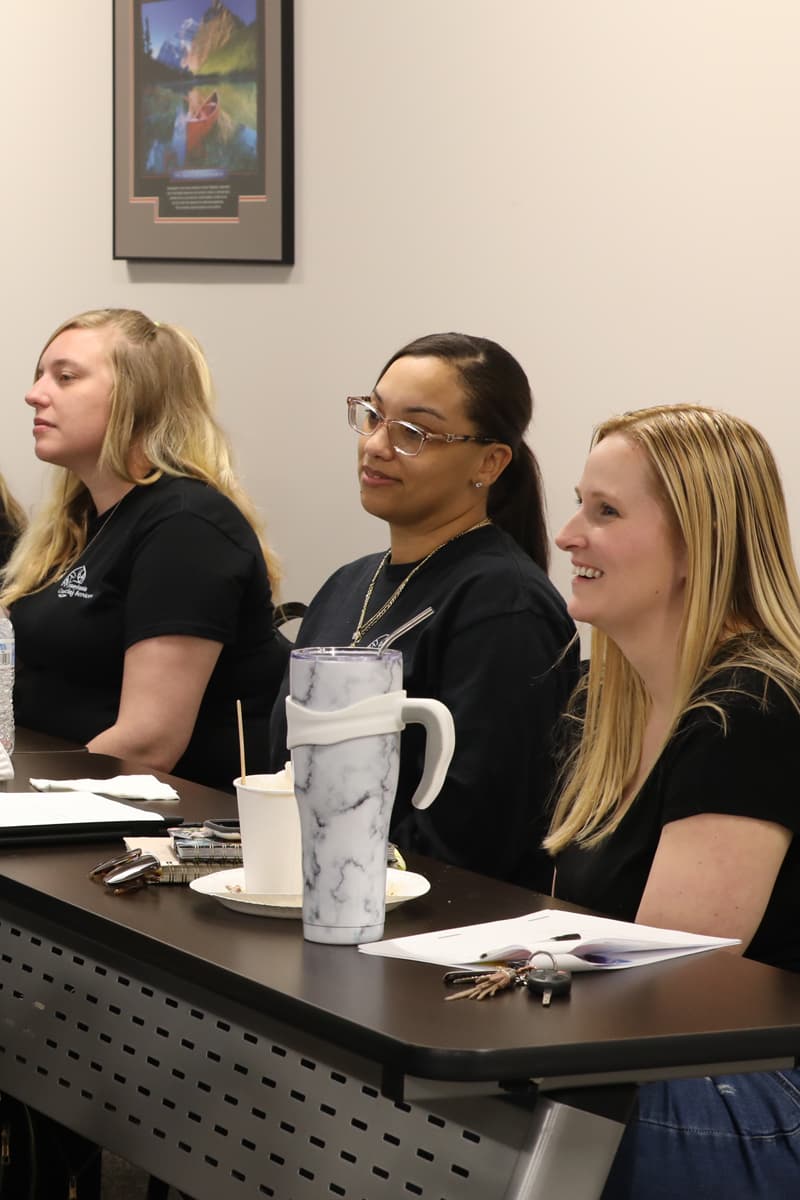Focus:
Developing an understanding of problematic sexual behavior in juveniles and ways to implement appropriate treatment programming.
This training provides a general overview of the treatment and assessment of juveniles who engage in problematic sexual behavior. Attendees will learn the definitions associated with sexual offending behaviors from a legal and clinical perspective, typologies of those engaging in problematic behavior, and the role of the treatment provider.
Lastly, participants will learn how to engage families and clients in creating and implementing effective safety plans.


Day 1
Introduction to Training and Overview
The purpose of the Day 1 sessions is to increase participants’ awareness and understanding of problematic sexual behavior in juveniles.
Objectives
By the end of day 1, participants will be able to:
- Identify key elements and signs of problematic sexual behavior including its definition.
- Explain why problematic sexual behavior is a concern.
- Describe the various types of juveniles engaging in problematic sexual behavior.
- N/A
Barroso, Pechorro, P., Ramião, E., Figueiredo, P., Manita, C., & Gonçalves, R. A. (2020). Are Juveniles Who Have Committed Sexual Offenses the Same Everywhere? Psychometric Properties of the Juvenile Sex Offender Assessment Protocol–II in a Portuguese Youth Sample. Sexual Abuse., 32(7), 806–825. https://doi.org/10.1177/1079063219858070 Fırat, S., & Erk, M. A. (2022). Juvenile sexual offenders: Dynamics of the sexual offenses. [Cinsel Suçlara Yönelen Çocuk Failler: Cinsel Suçların Dinamikleri] Psikiyatride Guncel Yaklasimlar, 14(1), 57-64. https://doi.org/10.18863/pgy.952137
- N/A
- N/A
End at 3PM (Homework/ Reading Assigned)
Day 2
Expectation
The purpose of Day 2 is to develop understanding surrounding denial in individuals engaged in problematic sexual behavior. Family resistance to treatment and intervention is also common and the causes and background will be discussed. Participants will learn the elements of intake and assessment surrounding the juvenile and his or her family including various assessment tools and techniques.
Objectives
By the end of day 2, participants will be able to:
- Describe the key elements of denial within clients and families.
- Identify ways in which to work with denial and resistance.
- Understand why it is important to thoroughly assess juveniles and their families during the intake process.
- Explain the purpose and use of common assessment tools.
Rojas, & Olver, M. E. (2022). Juvenile Psychopathy and Community Treatment Response in Youth Adjudicated for Sexual Offenses. International Journal of Offender Therapy and Comparative Criminology., 66(15), 1575–1602. https://doi.org/10.1177/0306624X21994066
- N/A
Klein, Rettenberger, M., Yoon, D., Köhler, N., & Briken, P. (2015). Protective Factors and Recidivism in Accused Juveniles Who Sexually Offended. Sexual Abuse., 27(1), 71–90. https://doi.org/10.1177/1079063214554958
- N/A
Schwartz-Mette, Righthand, S., Hecker, J., Dore, G., & Huff, R. (2020). Long-Term Predictive Validity of the Juvenile Sex Offender Assessment Protocol–II: Research and Practice Implications. Sexual Abuse., 32(5), 499–520. https://doi.org/10.1177/1079063219825871
- N/A
End at 3PM (Homework/ Reading Assigned)
Day 3
Phases of Treatment
The purpose of the Day 3 sessions is to develop and increase participants’ awareness and understanding of the components of treatment planning and phases of treatment.
Objectives
By the end of day 3, participants will be able to:
- Identify key components of treatment planning
- Explain the importance of collaboration in treatment planning and engagement
- Describe the stages of treatment
- N/A
- N/A
Bustnay. (2020). Group Intervention with Parents of Juvenile Sex Offenders. Journal of Child Sexual Abuse., 29(3), 278–294. https://doi.org/10.1080/10538712.2019.1639093
- N/A
End at 3PM (Homework/ Reading Assigned)
Day 4
Interventions
The purpose of the Day 4 sessions is to increase participants’ ability to utilize a variety of interventions when working with juveniles with problematic sexual behavior and their support systems.
Objectives
By the end of day 4, participants will be able to:
- Identify appropriate interventions for juveniles and their families
- Describe healthy sexual education for adolescents
- Pathways, Footprints, Good Lives Model (examples)
- N/A
- N/A
- N/A
- N/A
- N/A
Kim, Chesworth, B., Franchino-Olsen, H., & Macy, R. J. (2022). A Scoping Review of Vicarious Trauma Interventions for Service Providers Working With People Who Have Experienced Traumatic Events. Trauma, Violence & Abuse., 23(5), 1437–1460. https://doi.org/10.1177/1524838021991310
- N/A
End at 3PM (Homework/ Reading Assigned)
Day 5
Planning for the Future
The purpose of the Day 5 sessions is to increase participants’ ability to work collaboratively with clients and their families to plan for success in the future. This may include reunification or transition into other forms of treatment. Lastly, participants will discuss elements of ongoing professional development and appropriate self-care.
Objectives
By the end of day 5, participants will be able to:
- Identify the risks and concerns surrounding reunification.
- Create a reunification plan, when clinically recommended, for a client and his/her family.
- Explain elements of an effective safety plan and accountability partner.
Romano, E., & Gervais, C. (2018). ‘He Wasn’t falling apart … we were falling apart’ understanding the mental health impacts on parents of youth who sexually offend. Journal of Family Violence, 33(7), 491-505. https://doi-org.library.capella.edu/10.1007/s10896-018-9975-2
- N/A
- N/A
- N/A
- N/A
